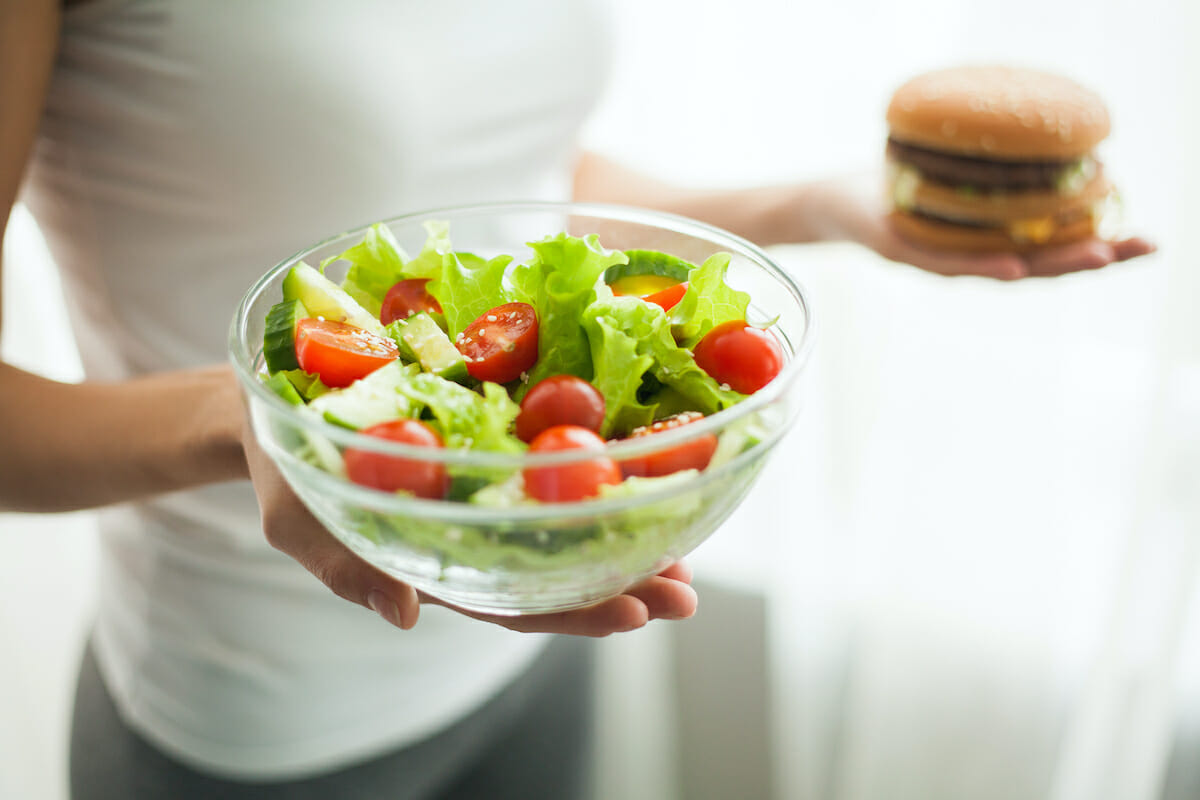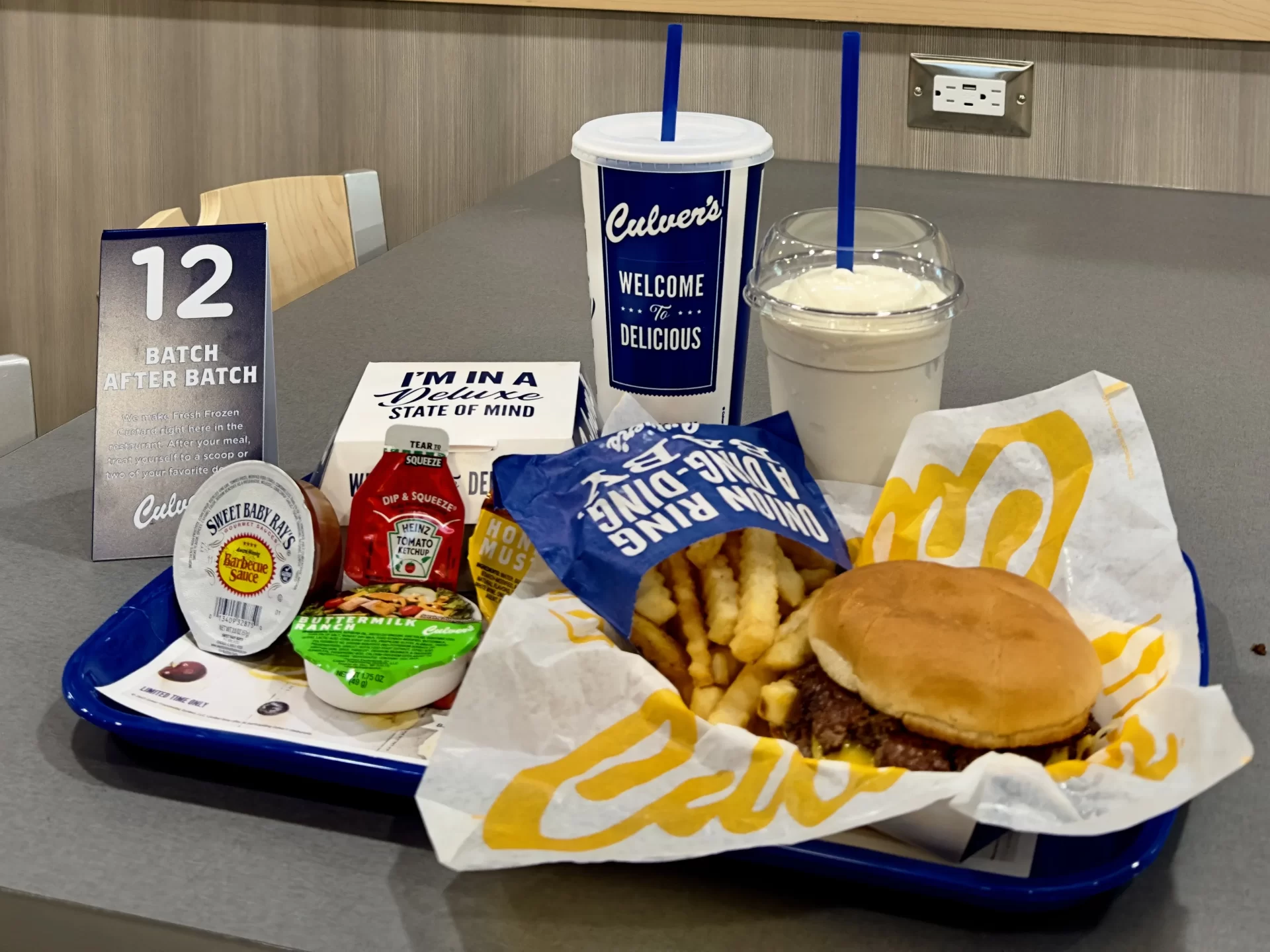The phrase “you are what you eat” is commonly used in conversations about health and the connection between food and the body. Eating an unhealthy diet can have serious consequences and can increase someone’s risk of dying from heart disease, stroke and Type 2 diabetes.
Here, Dr. Stephen Kopecky, a preventive cardiologist at Mayo Clinic, discusses the relationship between food and disease.
Things like smoking and genetics put us at risk for developing different diseases, but neither are the biggest risk factor.
“Nutrition is now the No. 1 cause of early death, and early disease in our country and the world,” says Dr. Kopecky.
Dr. Kopecky says having genes for disease will increase your risk by 30% to 40% but having a bad lifestyle for disease will increase your risk by 300% to 400%.
“About 57% of the calories we consume every day in this country are ultra-processed foods,” says Dr. Kopecky.
While ultra-processed foods tend to be convenient and cost-effective, they are inflammatory and can cause a host of health issues over time.
“It bothers our tissues. It bothers our heart. It bothers our arteries, our brains, our pancreas, our liver, and our lungs. And that leads to disease,” says Dr. Kopecky. “It could be in the brain with Alzheimer’s, the heart with coronary artery disease, or cancers elsewhere.”
The good news is it’s never too late to change your eating habits, and no change is too small.
“It’s been shown if you take one bite of say a processed meat or ultra-processed food, replace that with some unprocessed food or a healthier choice—you know vegetables and black beans —after a year or two, that will actually lower your risk of heart attack and stroke.”
Of the four levels of food processing, the most processed are termed ultra-processed foods. These foods have many added ingredients, such as sugar; salt; fat; and artificial colors, preservatives, or stabilizers. The ingredient list sometimes has words that sound like chemicals. Examples are obvious foods like soft drinks, hot dogs, cold cuts, fast food, packaged snacks, and cookies, but can also include canned baked beans, low-fat fruit yogurt, packaged bread, ready-made pasta sauces and breakfast cereals.











